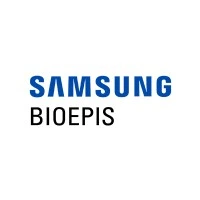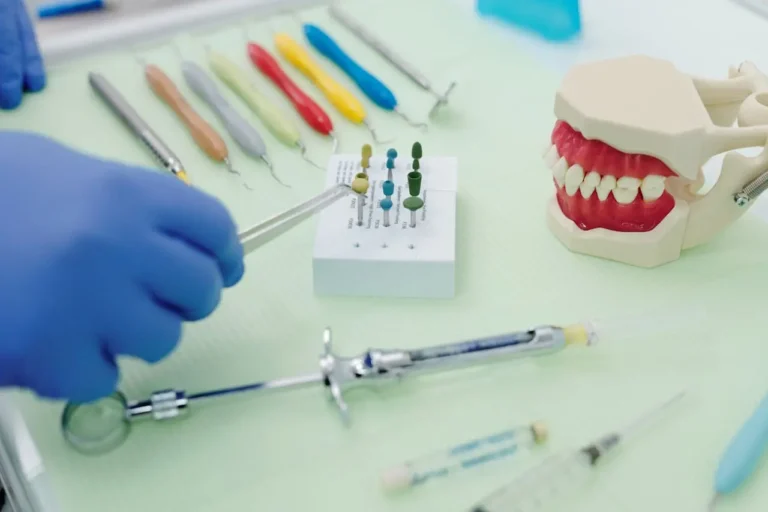
Samsung Bioepis Launches PYZCHIVA® (Biosimilar to Stelara) in the US
Samsung Bioepis Co., Ltd. has announced the U.S. launch of PYZCHIVA® (ustekinumab-ttwe), a biosimilar to Stelara (ustekinumab). PYZCHIVA is approved for treating moderate to severe plaque psoriasis in patients eligible for phototherapy or systemic therapy, active psoriatic arthritis, as well as moderately to severely active Crohn’s disease and ulcerative colitis. Available through Samsung Bioepis’ commercialization partner Sandoz, PYZCHIVA can now be accessed by patients in the U.S. in various formats: 45 mg/0.5 mL and 90 mg/mL pre-filled syringes, 130 mg/26 mL intravenous infusion single-dose vials, and 45 mg/0.5 mL subcutaneous vials.
Samsung Bioepis Co., Ltd. recently announced the U.S. launch of PYZCHIVA® (ustekinumab-ttwe), a biosimilar to Stelara (ustekinumab), marking a significant milestone in the healthcare sector. The launch of PYZCHIVA offers expanded treatment options for patients suffering from various inflammatory conditions, including moderate to severe plaque psoriasis, psoriatic arthritis, Crohn’s disease, and ulcerative colitis. By providing an affordable alternative to the originator biologic, PYZCHIVA helps reduce healthcare costs, which can contribute to a more sustainable healthcare system in the United States.
Linda Y. MacDonald, Executive Vice President and Head of the Global Commercial Division at Samsung Bioepis, emphasized the importance of this launch: “The launch of PYZCHIVA is a significant milestone for both Samsung Bioepis and for millions of patients living with inflammatory conditions in the US. The expanded treatment options in the market would allow for reduced healthcare costs, ultimately contributing to a more sustainable healthcare system. We remain steadfast in our commitment to serve patients in need through our continued innovation to make medicine more accessible.”

PYZCHIVA will be available to patients across the U.S. through Samsung Bioepis’ commercialization partner, Sandoz. The biosimilar is offered in several forms to accommodate different patient needs, including 45 mg/0.5 mL and 90 mg/mL pre-filled syringes, a 130 mg/26 mL intravenous infusion single-dose vial, and 45 mg/0.5 mL subcutaneous vials. These options aim to offer flexibility for patients and healthcare providers in managing treatment plans for the targeted conditions.
In September 2023, Samsung Bioepis and Sandoz entered into a commercialization agreement for PYZCHIVA in the U.S. However, Samsung Bioepis remains responsible for key areas such as development, registration, intellectual property, manufacturing, and supply. Under the settlement and license agreement with Janssen Biotech Inc., PYZCHIVA’s license period in the U.S. will officially begin on February 22, 2025.
With a portfolio that includes 11 biosimilars spanning various therapeutic areas, such as immunology, oncology, ophthalmology, hematology, nephrology, and endocrinology, Samsung Bioepis is positioning itself as a leader in the biosimilars market. As of now, Samsung Bioepis has 10 biosimilars approved in the U.S., with five commercially available for patients.
About PYZCHIVA® (ustekinumab-ttwe) Injection
PYZCHIVA® (ustekinumab-ttwe) is indicated for the treatment of a variety of inflammatory conditions. Specifically, it is used to treat:
- Plaque Psoriasis: PYZCHIVA is approved for both adult and pediatric patients aged 6 years or older with moderate to severe plaque psoriasis who are candidates for phototherapy or systemic therapy.
- Psoriatic Arthritis: It is indicated for the treatment of both adult and pediatric patients aged 6 years or older with active psoriatic arthritis.
- Crohn’s Disease: PYZCHIVA is used to treat adult patients with moderately to severely active Crohn’s disease.
- Ulcerative Colitis: The medication is also approved for treating adult patients with moderately to severely active ulcerative colitis.
Important Safety Information
While PYZCHIVA offers promising benefits for patients, it is important to be aware of certain safety concerns:
Contraindications: PYZCHIVA should not be used in patients with clinically significant hypersensitivity to ustekinumab products or any of the excipients in the medication.
Warnings and Precautions:
- Infections: Patients using PYZCHIVA may be at increased risk for infections, including serious bacterial, fungal, and viral infections, as well as reactivation of latent infections. Patients should avoid starting treatment if they have any active infections.
- Vulnerable Populations: Individuals genetically deficient in IL-12/IL-23 may be particularly vulnerable to disseminated infections from mycobacteria, salmonella, and BCG vaccinations.
- Tuberculosis: A thorough evaluation for tuberculosis is recommended prior to initiating PYZCHIVA treatment. The drug should not be given to patients with active tuberculosis, and latent tuberculosis should be treated before starting PYZCHIVA.
- Malignancies: As an immunosuppressant, PYZCHIVA may increase the risk of malignancies, including non-melanoma skin cancer. Patients with pre-existing risk factors for skin cancer should be monitored closely.
- Hypersensitivity Reactions: Serious allergic reactions, including anaphylaxis, may occur, and patients experiencing such reactions should stop the treatment immediately.
- Posterior Reversible Encephalopathy Syndrome (PRES): This potentially serious condition, characterized by headaches, seizures, and visual disturbances, has been reported in some patients.
Common Side Effects: Patients receiving PYZCHIVA may experience various side effects, including:
- Plaque Psoriasis: nasopharyngitis, upper respiratory tract infection, headache, and fatigue.
- Crohn’s Disease (Induction phase): vomiting.
- Crohn’s Disease (Maintenance phase): nasopharyngitis, injection site reactions, urinary tract infections, and sinusitis.
- Ulcerative Colitis (Induction phase): nasopharyngitis.
- Ulcerative Colitis (Maintenance phase): nasopharyngitis, headache, abdominal pain, influenza, fever, and diarrhea.
Immunizations: Before starting treatment with PYZCHIVA, patients should ensure they are up to date with all age-appropriate vaccinations. Patients should avoid receiving live vaccines while on treatment and should be cautioned about live vaccine exposure from household contacts.
Samsung Bioepis’ commitment to advancing accessible treatment options through PYZCHIVA represents a significant step in improving the quality of care for patients living with inflammatory conditions. By offering an effective biosimilar, the company not only provides a cost-effective alternative but also strengthens the healthcare system as a whole, addressing the ongoing need for innovation and sustainability in patient care.




